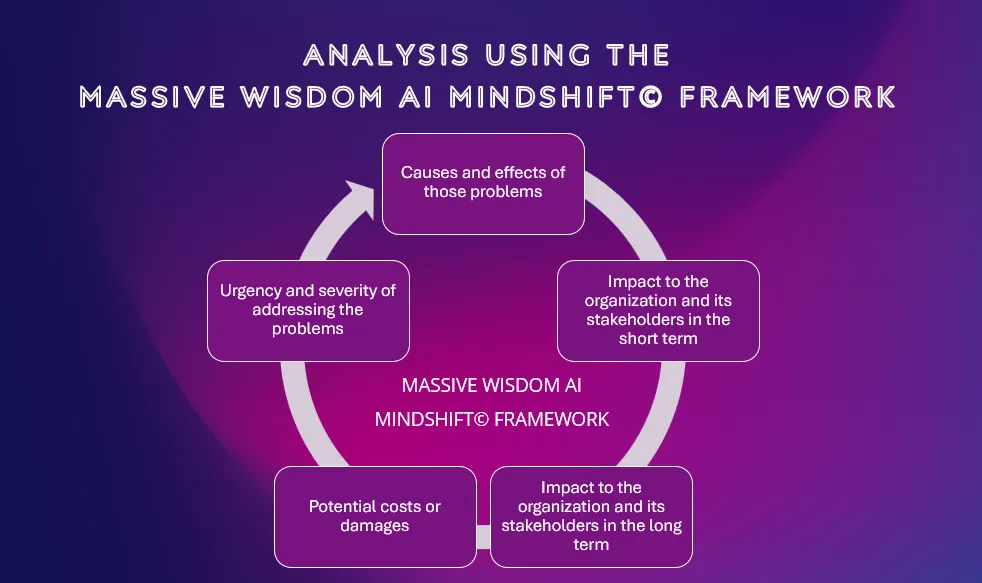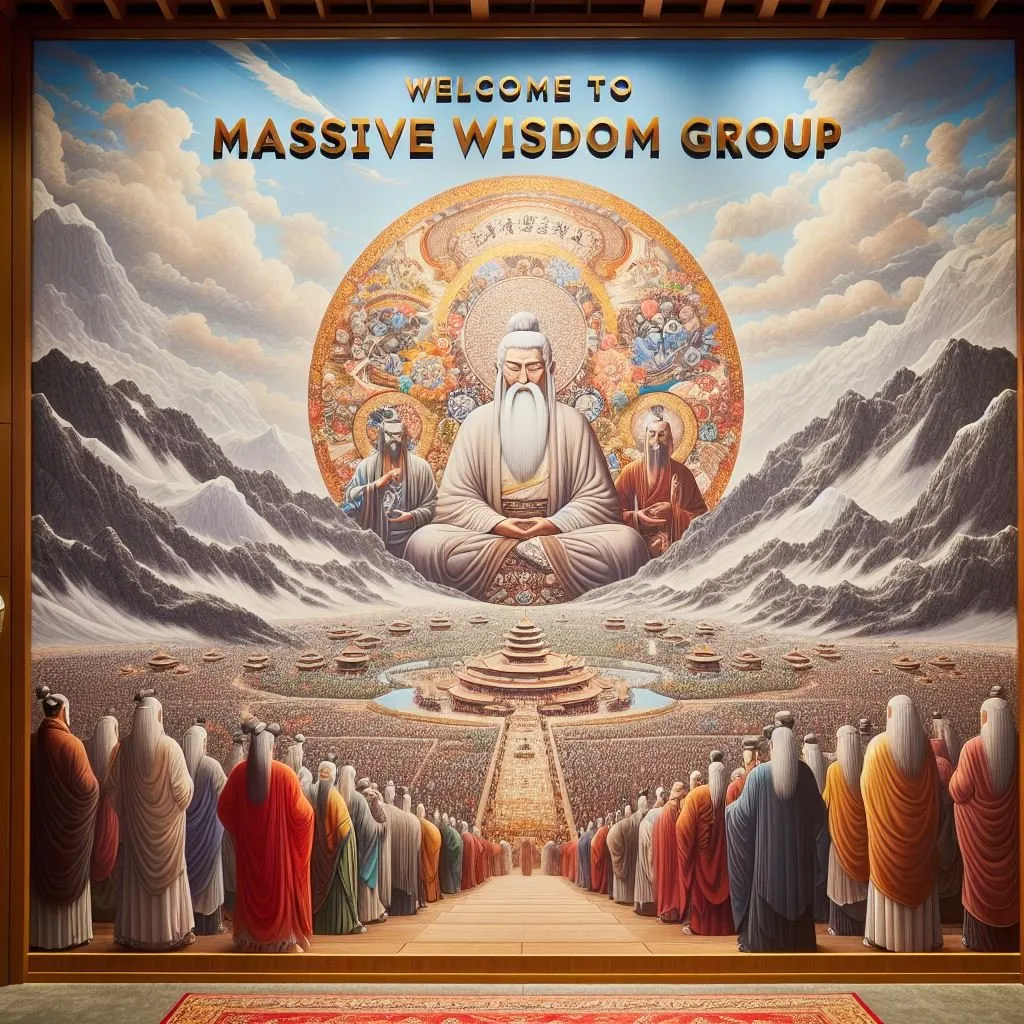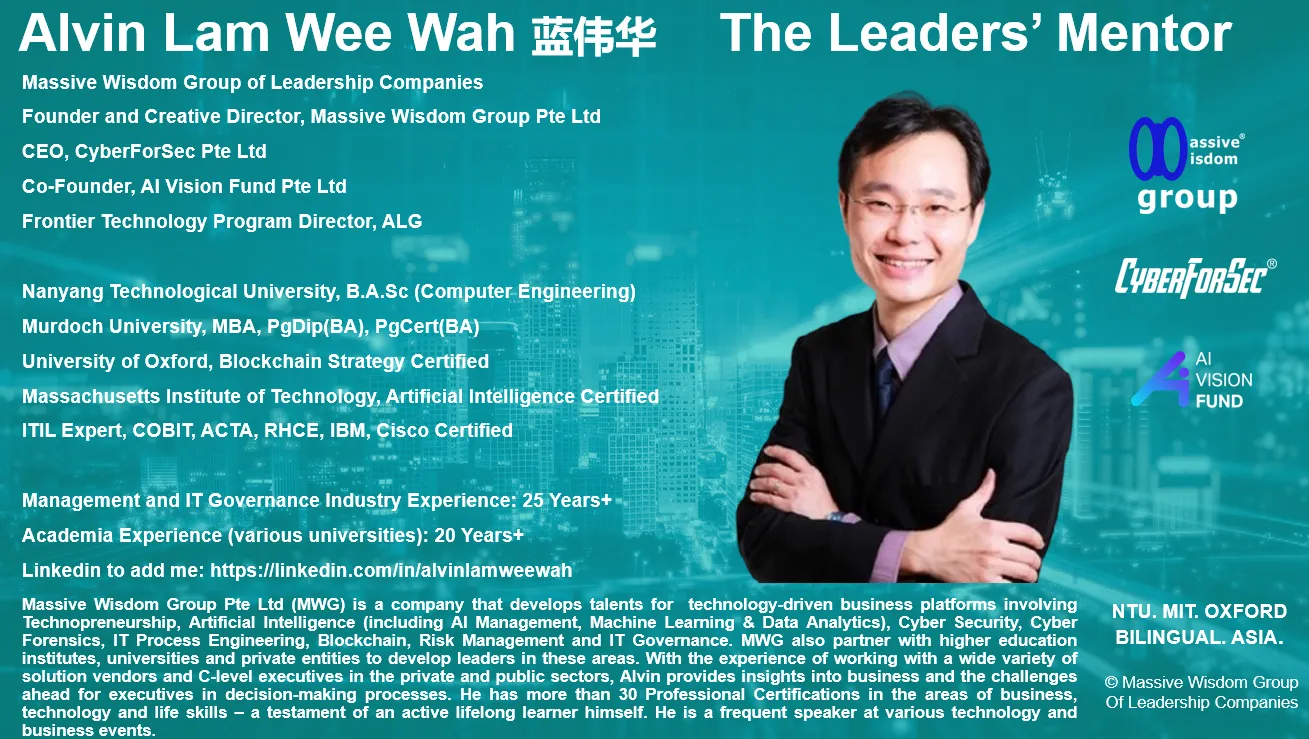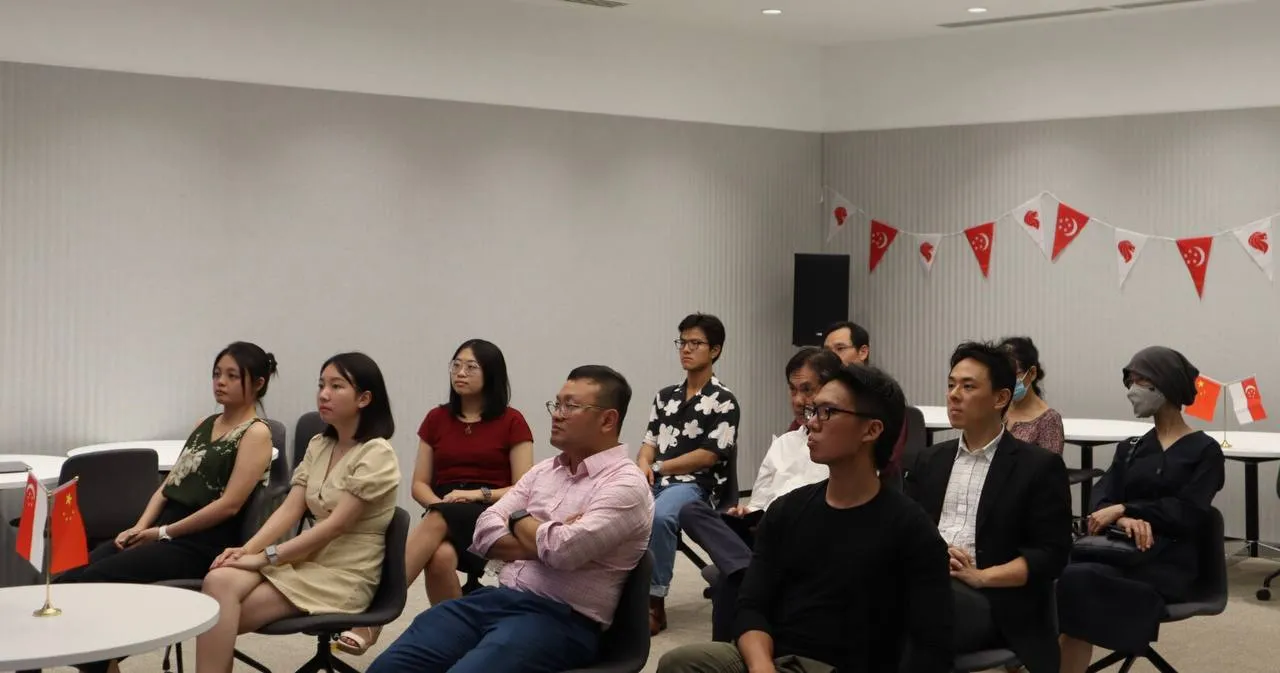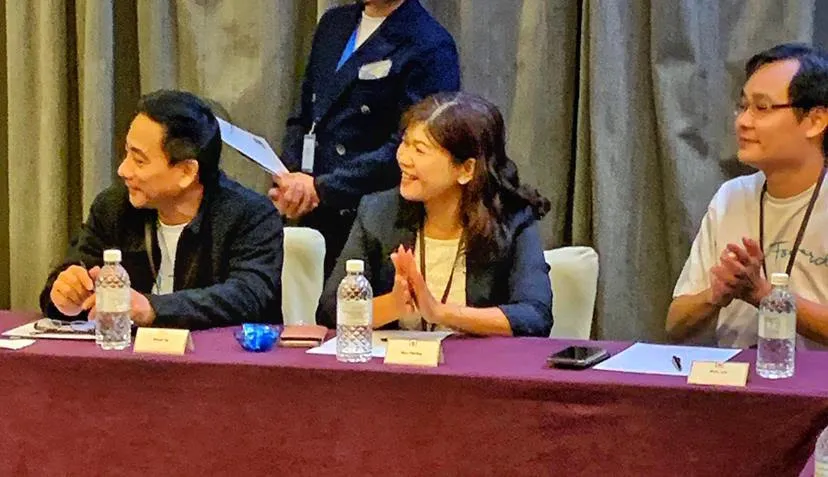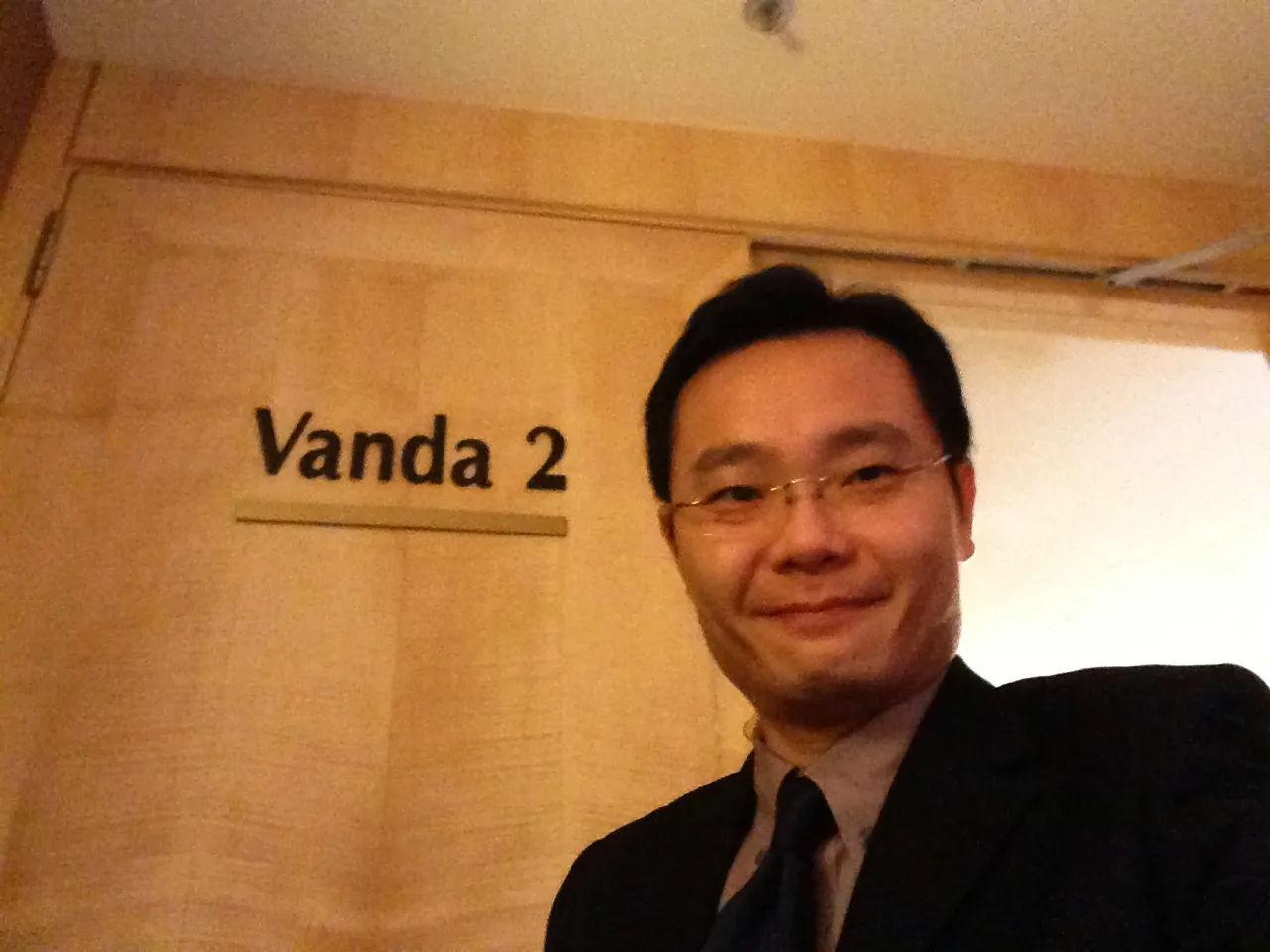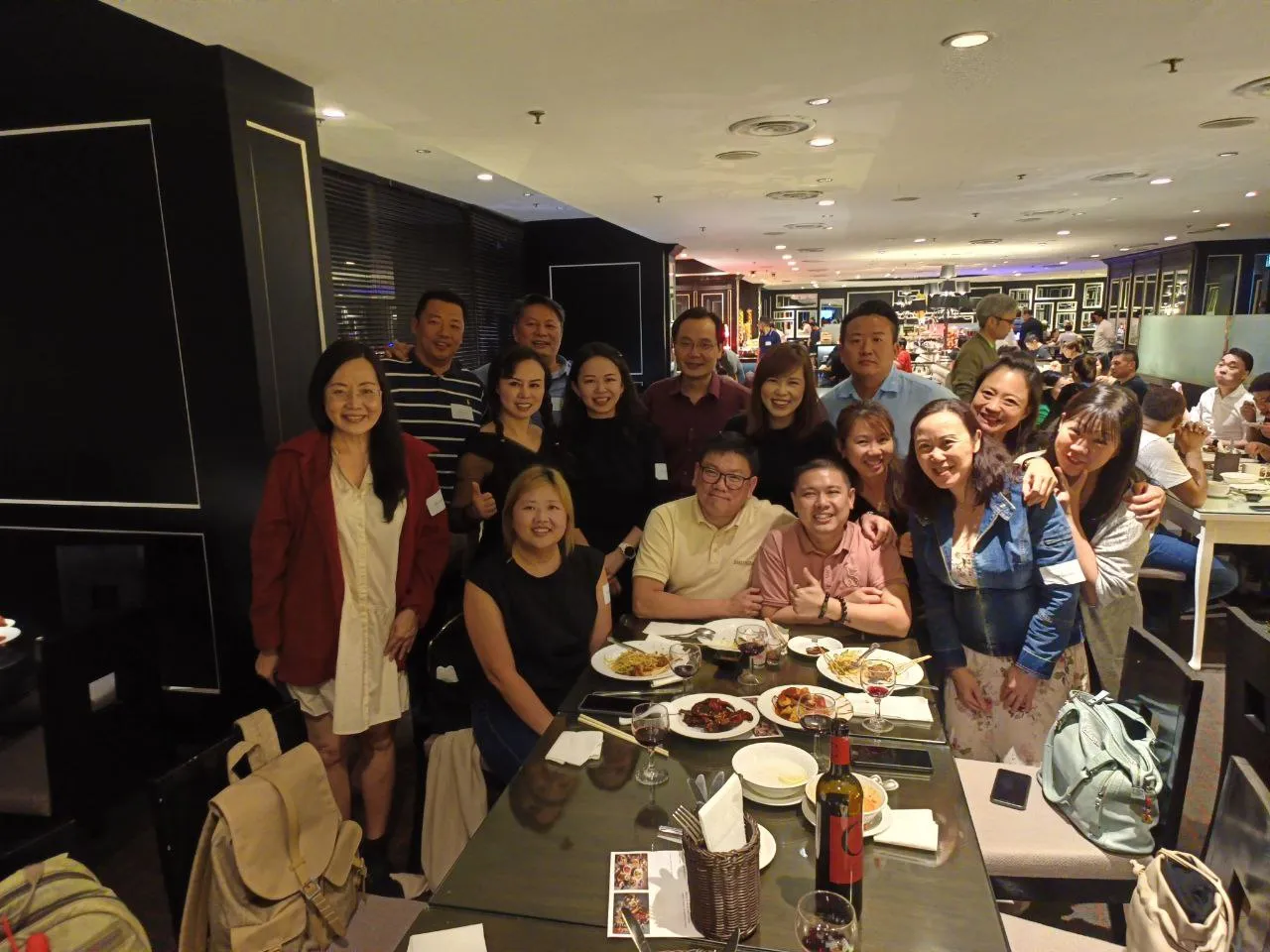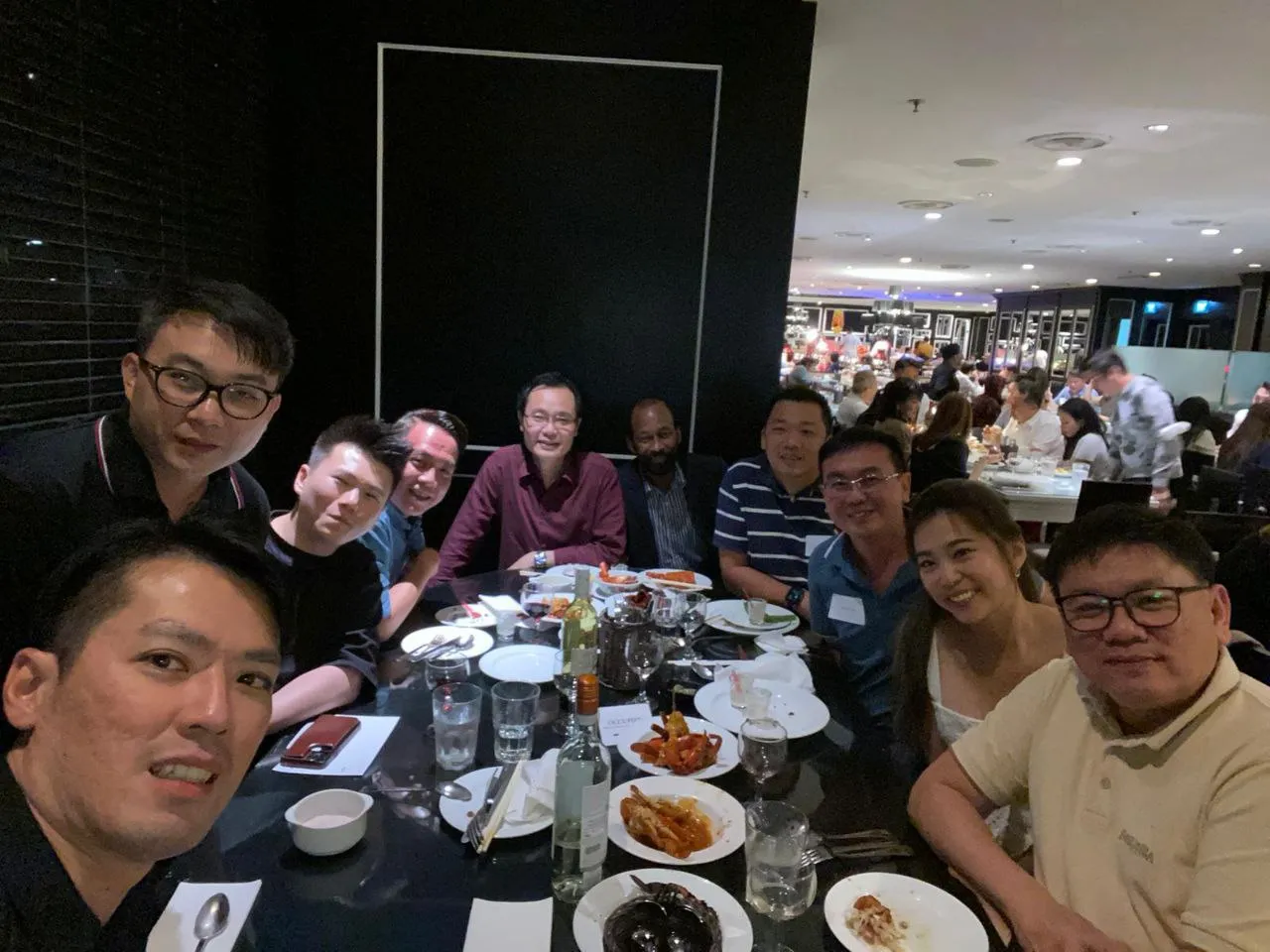Navigating AI Ethics and Governance: A Deep Dive into the Massive Wisdom AI Mindshift Framework
In the realm of artificial intelligence (AI), ethical considerations and governance frameworks are paramount. As AI technologies continue to evolve and permeate various sectors of society, it becomes imperative to address the ethical implications and ensure responsible deployment. In this blog post, we will delve into the Massive Wisdom AI Mindshift Framework, a comprehensive analysis framework designed to tackle the complex landscape of AI ethics and governance.
Understanding the Framework
The Massive Wisdom AI Mindshift Framework, developed by Alvin Lam Wee Wah and his team at Massive Wisdom Group of companies, comprises five essential components:
- Causes and effects of those problems: This component focuses on identifying the root causes of ethical dilemmas and their potential ramifications. It involves a thorough analysis of the factors contributing to ethical challenges in AI deployment, ranging from biased algorithms to privacy concerns and beyond.
- Impact to the organization and its stakeholders in the short term: Here, the framework assesses the immediate consequences of ethical lapses on both the organization deploying AI and its stakeholders. This includes evaluating issues such as reputational damage, legal repercussions, and trust erosion within the community.
- Impact to the organization and its stakeholders in the long term: Looking beyond immediate effects, this component examines the sustained impact of ethical breaches on the organization's viability and its relationships with stakeholders. Long-term consequences may include loss of market share, diminished brand loyalty, and regulatory scrutiny.
- Potential costs or damages: Quantifying the potential costs and damages associated with ethical lapses is crucial for informed decision-making. This involves estimating financial losses, litigation expenses, and intangible harms such as loss of trust and societal discord.
- Urgency and severity of addressing the problems: Finally, the framework evaluates the urgency and severity of addressing identified ethical problems. It considers factors such as the scale of impact, the likelihood of escalation, and the organization's ethical obligations to stakeholders and society at large.
Applying the Framework in Practice
The effectiveness of the Massive Wisdom AI Mindshift Framework lies in its practical applicability across diverse organizational contexts. By systematically analyzing the ethical dimensions of AI deployment, organizations can:
- Proactively identify and mitigate potential risks before they escalate.
- Enhance transparency and accountability in AI decision-making processes.
- Foster trust and confidence among stakeholders, including customers, employees, and regulators.
- Align AI initiatives with ethical principles and societal values, thereby promoting responsible innovation.
Conclusion
As AI continues to transform industries and redefine human-machine interactions, it is incumbent upon organizations to prioritize ethical considerations and adopt robust governance frameworks. The Massive Wisdom AI Mindshift Framework offers a structured approach to navigating the complex landscape of AI ethics, enabling organizations to anticipate challenges, mitigate risks, and uphold ethical standards in the pursuit of technological advancement. By embracing this framework, organizations can chart a course towards a future where AI serves as a force for good, enriching lives and empowering communities.

